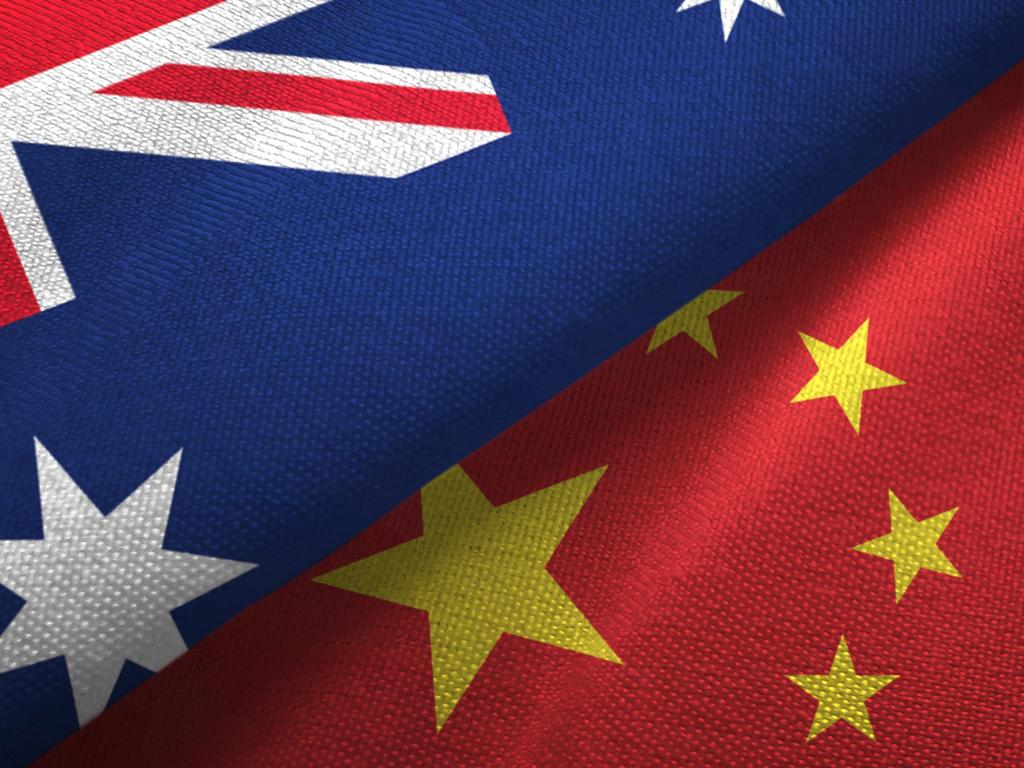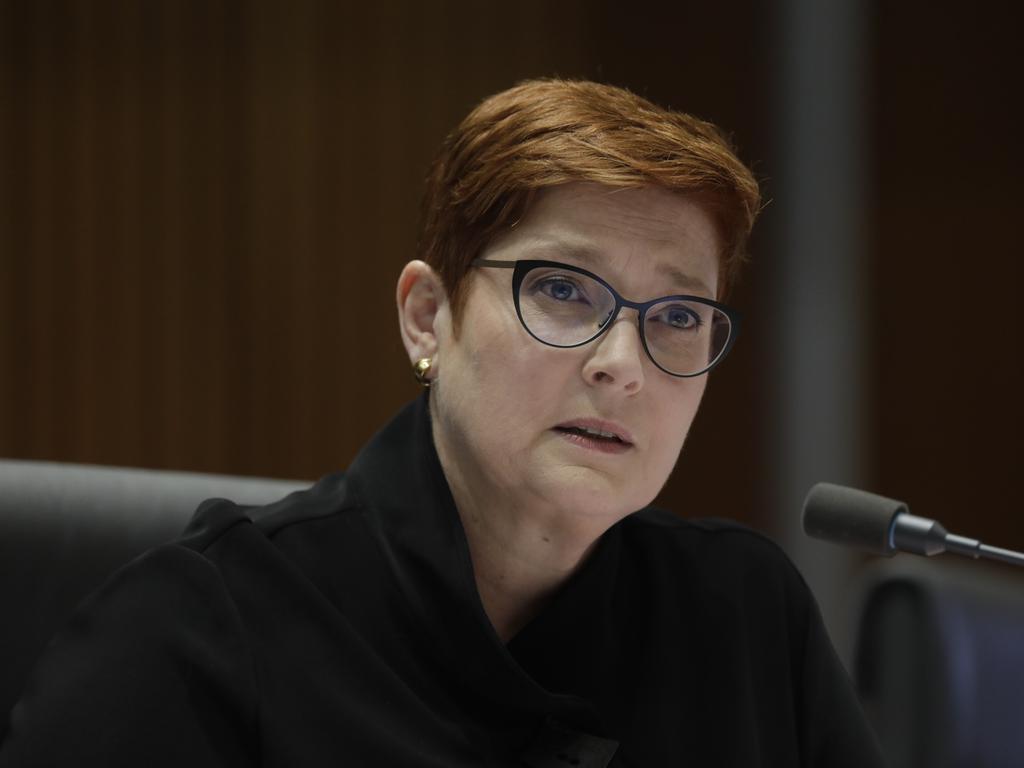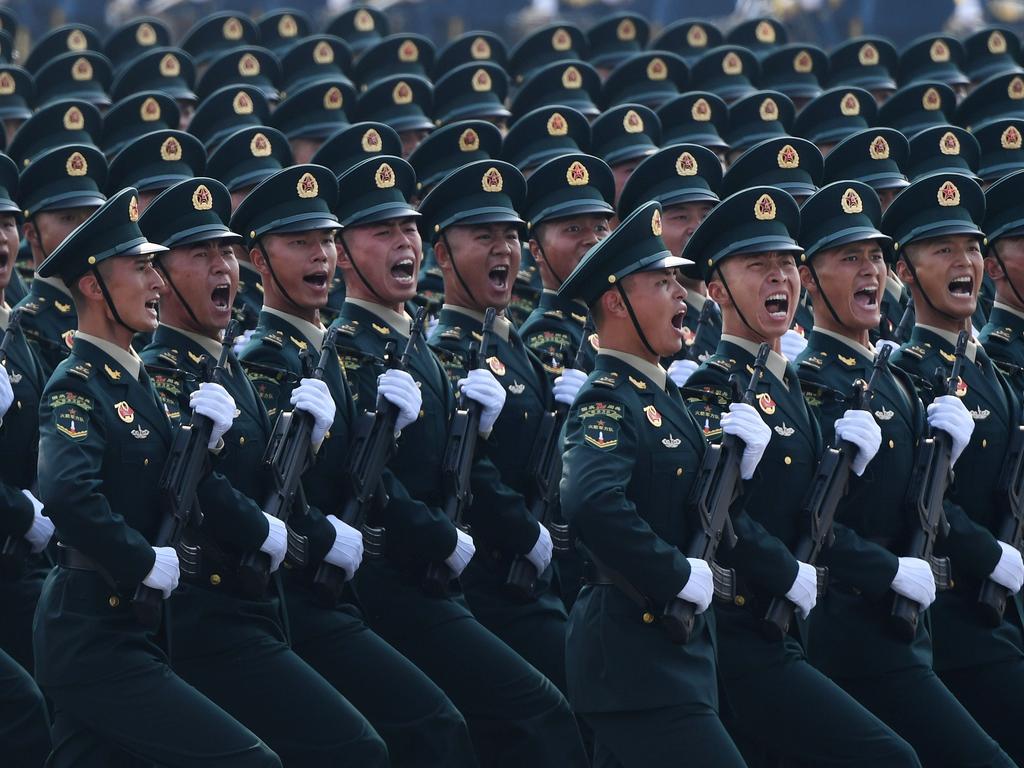China warns ‘writing is on the wall’ for Canberra ties
Beijing says confronting China has become a ‘new political correctness’ in Australia and warns ‘the writing is on the wall’.
China has warned the “writing is on the wall” for its relationship with Australia after blocking World Health Organisation investigators from entering the country.
Tensions between Beijing and Canberra have been simmering since April when the federal government pushed for an independent inquiry into the origins of the COVID-19 pandemic.
In an op-ed published by its mouthpiece The Global Times, Beijing warned “the writing is on the wall” for bilateral relations heading into 2021.
“In Australia’s strategic cognition, China has suddenly turned from a partner to a ‘threat’ to its sovereign security,” it wrote.
“The assumption that China is a rival is emerging, and confronting China has become a new political correctness in Australia.”

It comes after Beijing refused to allow World Health Organisation (WHO) inspectors into Wuhan, the original epicentre of the pandemic, as they had not been granted visas.
The move was widely criticised as an attempt to stymie the WHO’s probe.
Foreign Minister Marise Payne has demanded investigators be given access to the site “without delay”.
“The WHO-convened scientific study is an important part of this work, and we look forward to the findings from the international field mission to China,” she said on Wednesday.
“We hope that the necessary permissions for the WHO team’s travel to China can be issued without delay.
“During this global pandemic that has affected all countries, international co-operation and partnerships will maximise our ability to respond and to equip us for the next pandemic.”

WHO director-general Tedros Adhanom Ghebreyesus said he was “very disappointed” by the development. He called on China to expedite access to Wuhan, describing the mission as a “priority” for the WHO.
Australia’s calls for the inquiry sparked a furious response from China, prompting relations between the two countries to deteriorate.
Various Australian products, including barley, wheat, lobster and timber, have been hit with Chinese trade sanctions since May, while Beijing also slapped a tariff of up to 200 per cent on Australian winemakers.
Tensions escalated further in November when a Chinese foreign ministry official posted an incendiary tweet targeting Australian soldiers.
The tweet, depicting an Australian soldier holding a knife to an Afghan child’s throat, was a reference to the Brereton report into alleged war crimes committed by SAS troops in Afghanistan.

The post prompted a furious response from Canberra, but Beijing has refused to apologise.
The Global Times said the deterioration was solely attributable to Australia’s internal politics.
“In recent years, Australia’s domestic partisan fights and political factional differences have become more open and white-hot,” it read.
“Against this backdrop, the Australian government has to adjust its foreign policies – including its ever-important China policy.
“It is understandable that senses of insecurity and anxiety have been triggered again when the international and regional situations are profoundly changing.
“In this context, Australia’s China policy has remarkably shifted in the opposite direction of China.”



